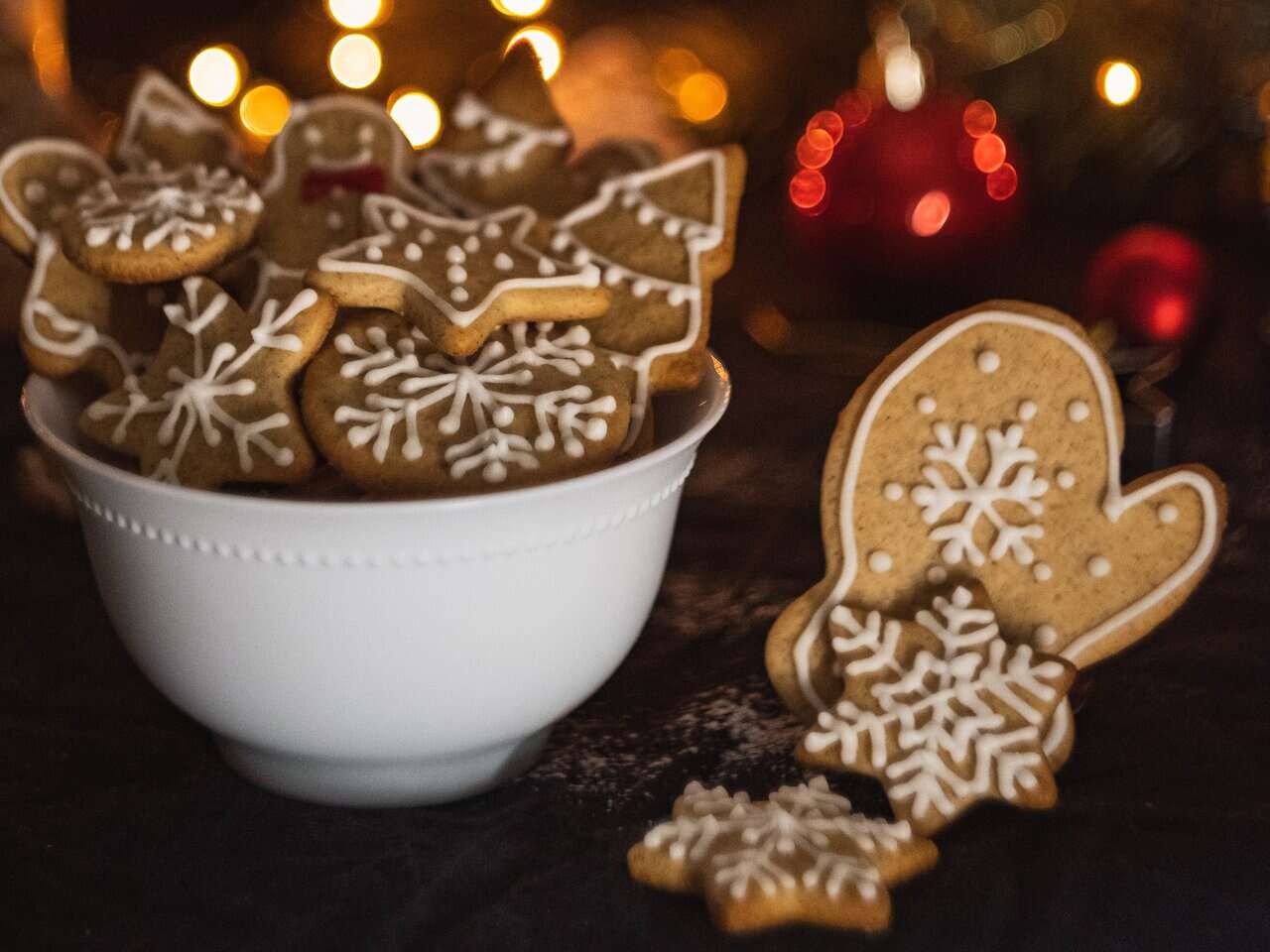Dreaming of a green Christmas

What with plastic baubles, energy-guzzling fairy lights, and a mountain of gifts, packaging and wrapping paper at the foot of the Christmas tree, it’s fair to say this is not the most eco-friendly time of the year.
So let’s make the 2019 holiday season the one where we change some of our habits and try to reconcile the spirit of the festivities with our ideals!
For decorations, natural materials are a nice option.
If you prefer a real tree, remember to watch out for how and where your cut tree was grown: you want a sustainably-managed forest and eco-friendly growing conditions.
Some companies allow you to rent a tree. It will arrive in its own pot, and they will plant it back in the ground afterwards. Or if you’re lucky enough to have a garden or large balcony door, you could even buy a small living tree with roots and reuse it for several years.
An artificial tree has the great advantage of being reusable, but as it is made of plastic, it will take several years of use before it is an improvement over buying a local, real, tree. And at the end of its life, it can’t be put in the compost bin, but adds to the mountain of trash. If this is still your preference, you could consider buying one second-hand to slightly reduce its impact.
A final alternative is to make your own tree. The internet and craft magazines are full of DIY ideas: tree made of recycled materials (planks of wood, old pallets, even PET bottles, …), or why not a 2D flannel-board tree, or one made of sticks, painted on a wall or window, made of a pile of books, …
For more ideas try searching with ecosia.org.
- Try to find craftsmen/women and artists with good ethical and ecological values, ideally living locally.
- Avoid ordering from big online retailers or large chainstores.
- Some gifts, such as books, are just as good when bought second-hand.
- You could make your own gifts.
- Choose gifts that can be used up (food, beauty products, …)
- Or why not give an experience rather than an object (a trip to a concert, play, restaurant, …)
There are a number of ideas of gift-experiences in this article from Zero waste Switzerland (FR, DE, EN).
And some more on the Zeit statt Zeug website (FR, DE, EN).
So much for giving. But sometimes it can be difficult when we receive gifts that no longer match our values.
To avoid disappointment or embarrassment, communication is key! Be sure to let your nearest and dearest know what you would like well in advance : fewer gifts perhaps, or less packaging, specific types of gifts, etc.
You could even share this article to help them understand your way of thinking and get the conversation started ! Perhaps you’ll find you already agree on more than you knew.
Here is an in-depth article on giving and receiving Christmas gifts (FR, DE, EN).
How to reduce waste from gift wrap:
- choose reusable gift wrap where possible: use fabric bags, or the lovely Japanese technique of furoshiki (fabric folding)
- recycle pages from old books or magazines, your children’s drawings, newspapers, old gift wrap, cereal boxes, etc.
Of course, all these ideas apply to birthdays, baby showers, and other celebrations too.
- choose quality over quantity,
- cook local and seasonal produce (save the fresh strawberries for a summer party!),
- choose simple food that you can cook yourself, rather than processed ready-made products (which might mean - your menu is less elaborate, but could also make cooking Christmas dinner a family event)
- consider having a vegetarian or vegan celebration.
- These holidays, take some time to think about your priorities, and about what the festivities mean to you.
- If the primary meaning of the holidays is the opportunity to spend time with your family, maybe you don't really need all the trappings. Make your own traditions – maybe you prefer minimal decorations, no physical gifts, no gifts at all,...